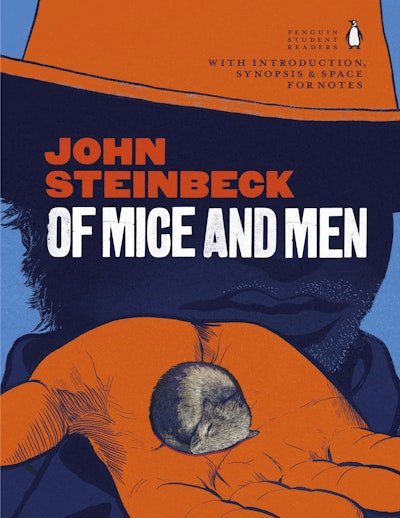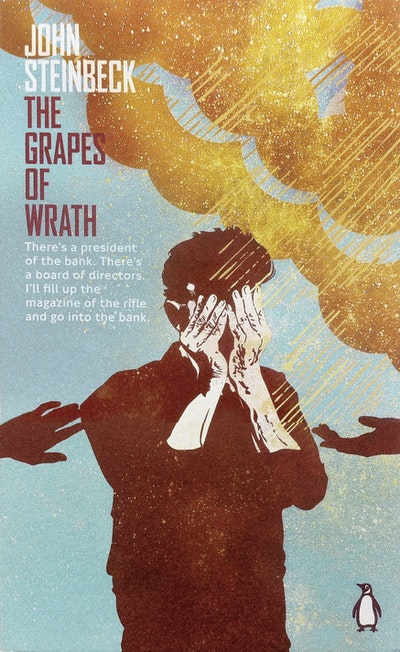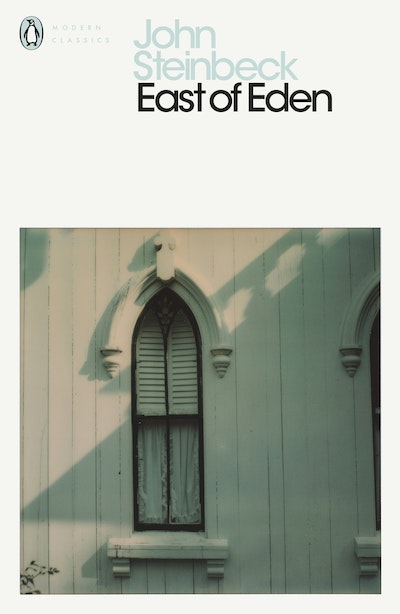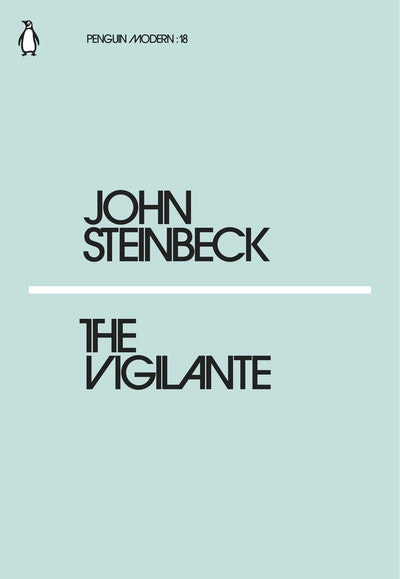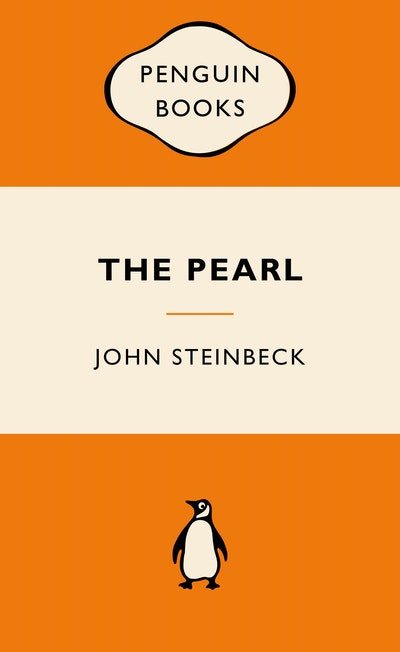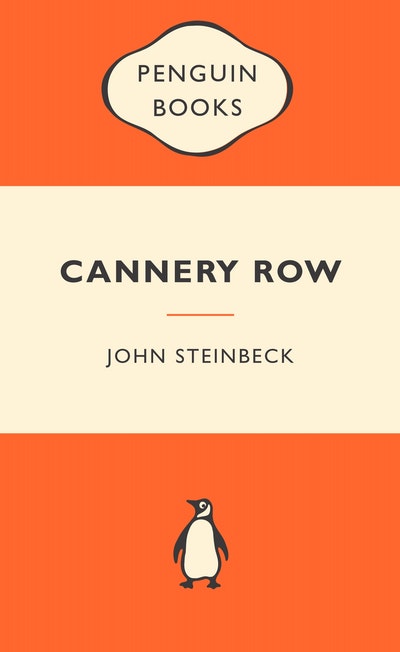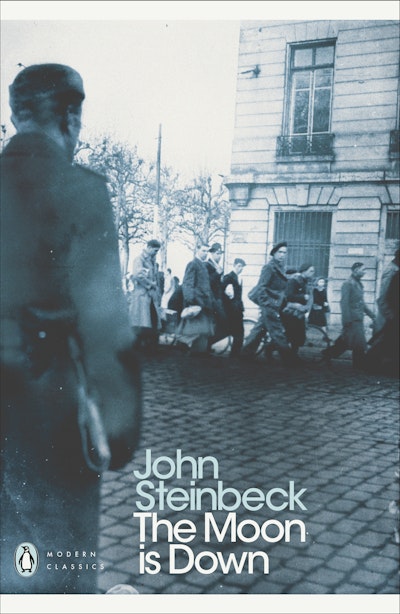Born in Salinas, California, in 1902, John Steinbeck grew up in a fertile agricultural valley about twenty-five miles from the Pacific Coast - and both valley and coast would serve as settings for some of his best fiction.
In 1919 he went to Stanford University, where he intermittently enrolled in literature and writing courses until he left in 1925 without taking a degree. During the next five years he supported himself as a labourer and journalist in New York City, all the time working on his first novel, Cup of Gold (1929).
After marriage and a move to Pacific Grove, he published two Californian fictions, The Pastures of Heaven (1932) and To a God Unknown (1933), and worked on short stories later collected in The Long Valley (1938).
Popular success and financial security came only with Tortilla Flat (1935), stories about Monterey's paisanos. A ceaseless experimenter throughout his career, Steinbeck changed course regularly. Three powerful novels of the late 1930s focused on the Californian labouring class: In Dubious Battle (1936), Of Mice and Men (1937) and the book considered by many his finest, The Grapes of Wrath (1939).
Early in the 1940s, Steinbeck became a filmmaker with The Forgotten Village (1941) and a serious student of marine biology with Sea of Cortez (1941). He devoted his services to the war, writing Bombs Away (1942) and the controversial play-novelette The Moon is Down (1942), Cannery Row (1945), The Wayward Bus (1947), The Pearl (1947), A Russian Journal (1948), another experimental drama, Burning Bright (1950), and The Log from the Sea of Cortez (1951) preceded publication of the monumental East of Eden (1952), an ambitious saga of the Salinas Valley and his own family's history.
The last decades of his life were spent in New York City and Sag Harbor with his third wife, with whom he travelled widely. Later books include Sweet Thursday (1954), The Short Reign of Pippin IV: A Fabrication (1957), Once There was a War (1958), The Winter of Our Discontent (1961), Travels with Charley in Search of America (1962), America and Americans (1966) and the posthumously published Journal of a Novel: The 'East of Eden' Letters (1969), Viva Zapata! (1975), The Acts of King Arthur and His Noble Knights (1976) and Working Days: The Journals of 'The Grapes of Wrath' (1989). He died in 1968, having won a Nobel Prize in 1962.

